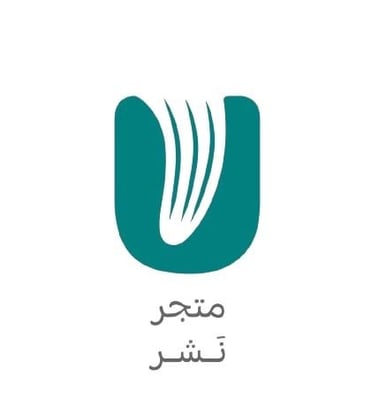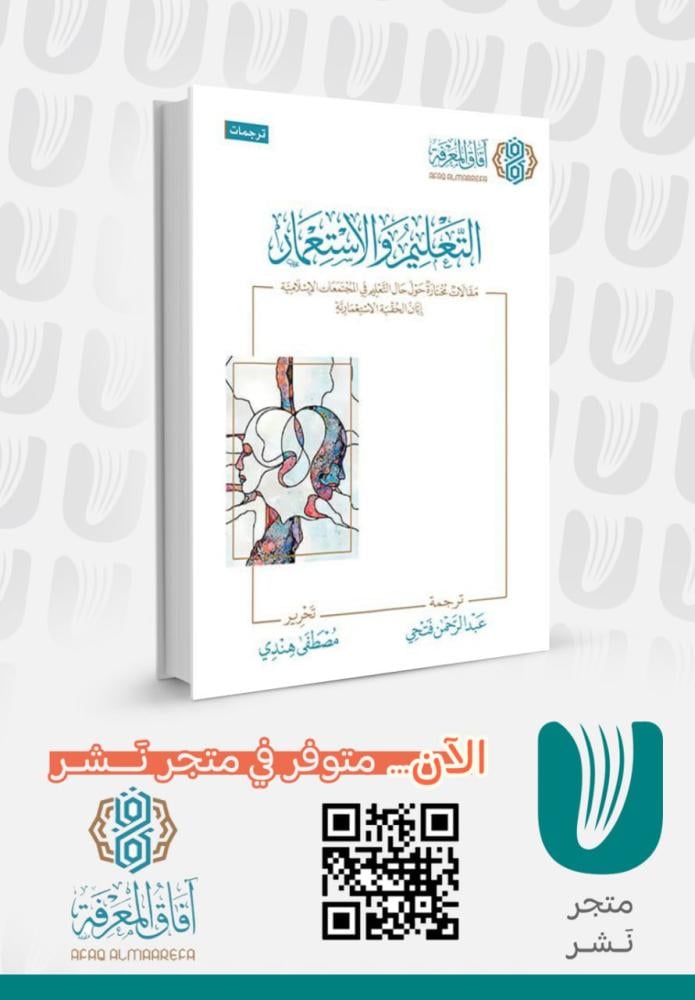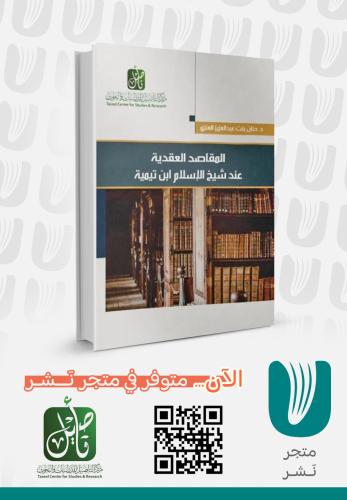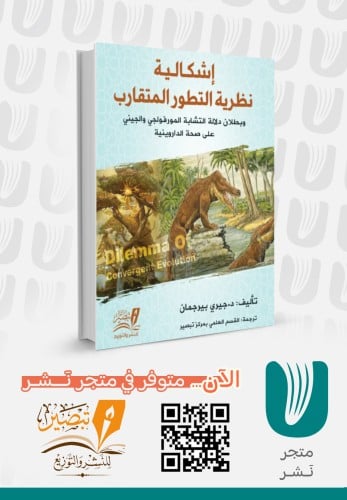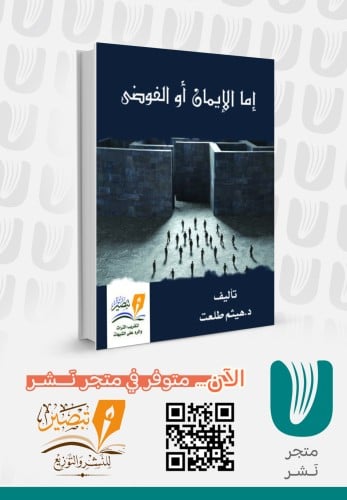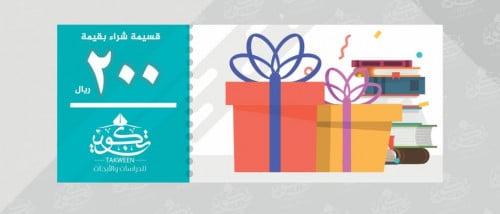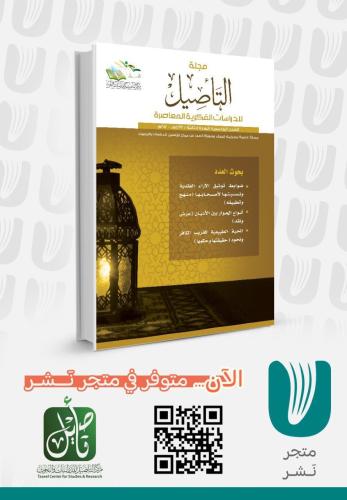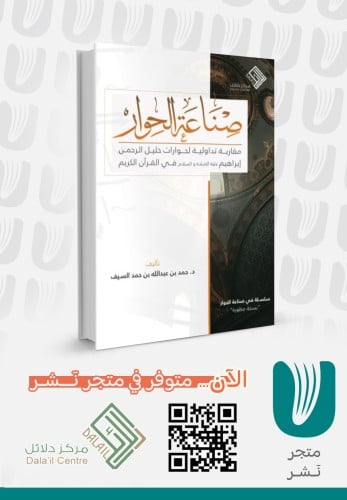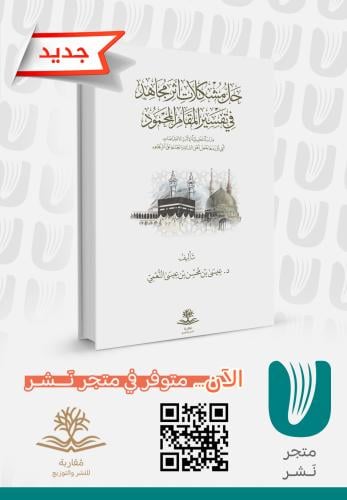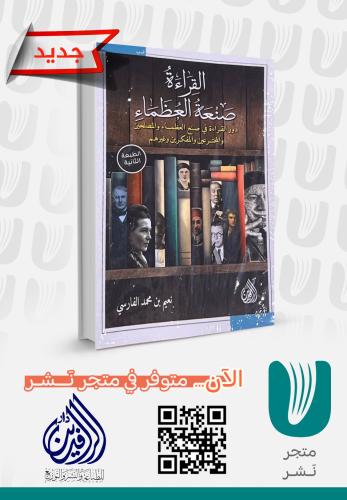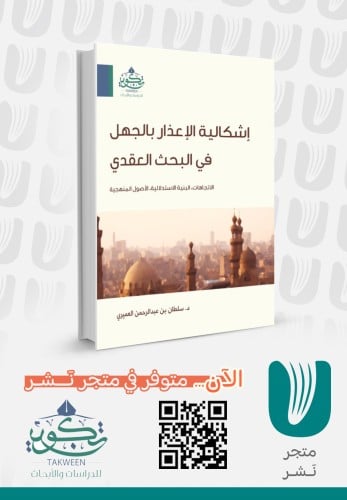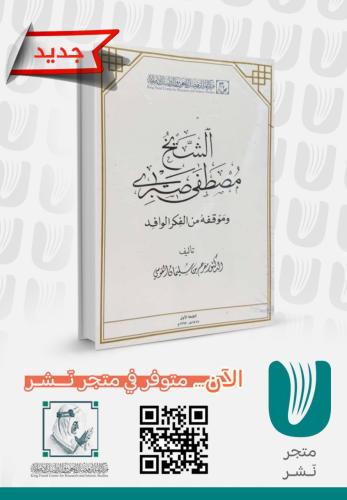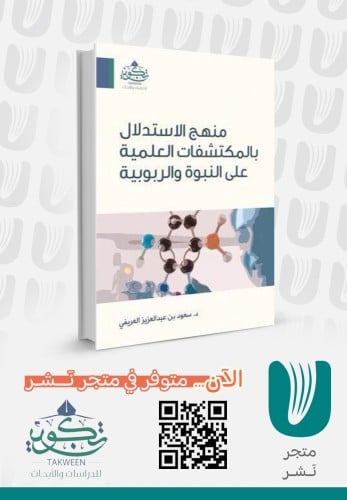Author name: New Afaq Publications Number of pages: 188 Book size: 17×24 Publishing house: Afaq al-Ma’rifa Translated by: Abdul Rahman Fathi Edited by: Mustafa Hindi This book, with its various papers, presents an attempt at monitoring and analyzing from various backgrounds and experiences one dimension of the dimensions that were greatly influenced by the experience. Colonialism, which is education. It is known historically that Islamic societies (especially North Africa) did not know modern education systems except through the colonial experience. The prevailing mode of education was religious education based on study under sheikhs in university mosques such as Al-Azhar, Al-Zaytouna, and Al-Qarawiyyin. However, in the midst of the colonial experience, the return of delegations coming after studying in Europe, and the modernization efforts that befell Islamic societies, two transformations occurred at the level of education patterns: the construction of modern universities. The emergence of academies similar to Western academies, and another transformation within the fields of Sharia education itself, whether at the level of curricula or teaching methods. The natural sciences were first integrated into the spaces of Sharia schools, and then later academic degrees were established in religious disciplines similar to the academic degrees awarded by modern universities. Hence, this book examines the transformations that the educational process in general and religious education in particular underwent in Islamic societies during the colonial era.
